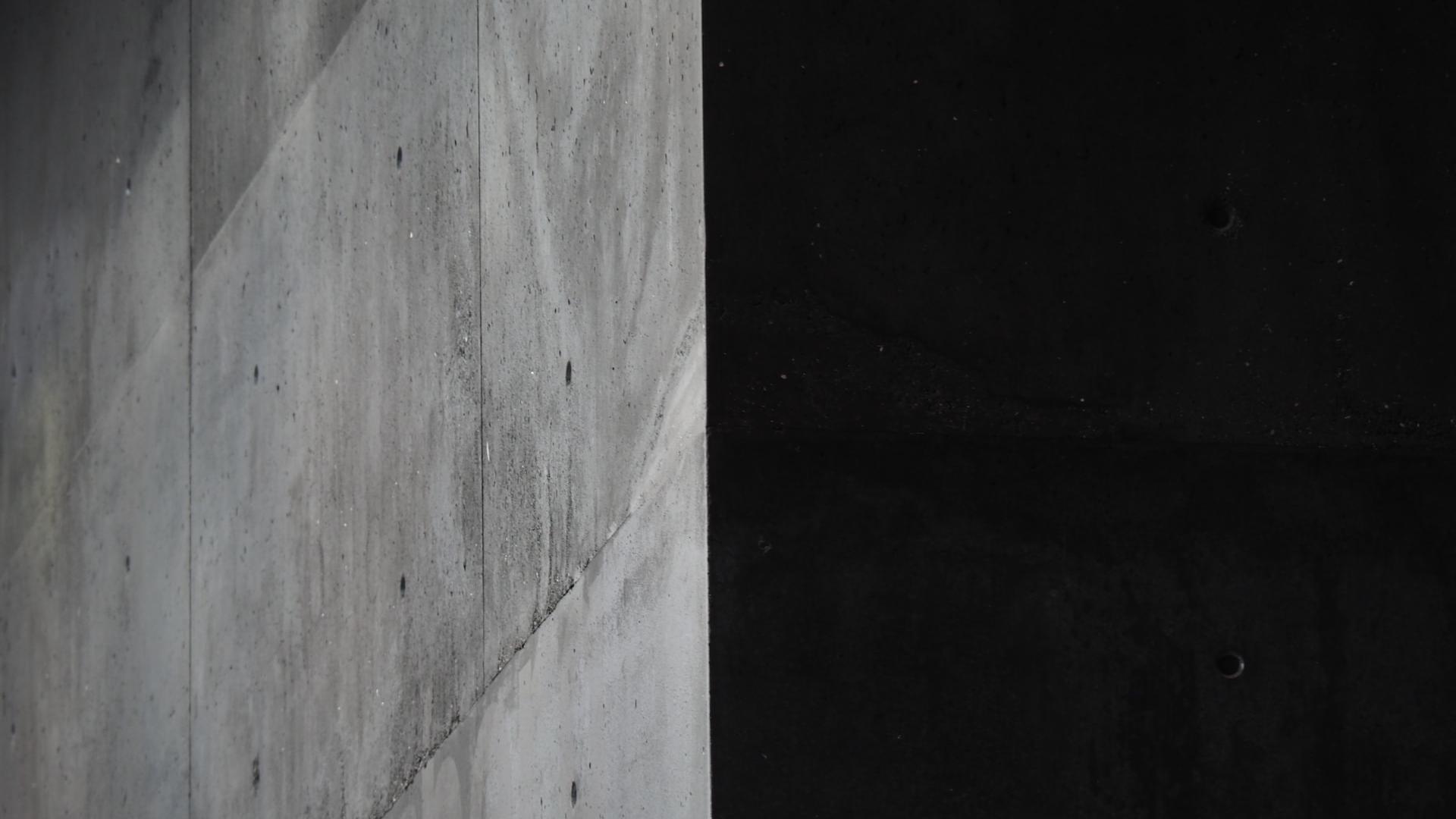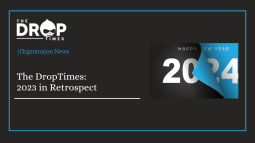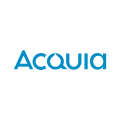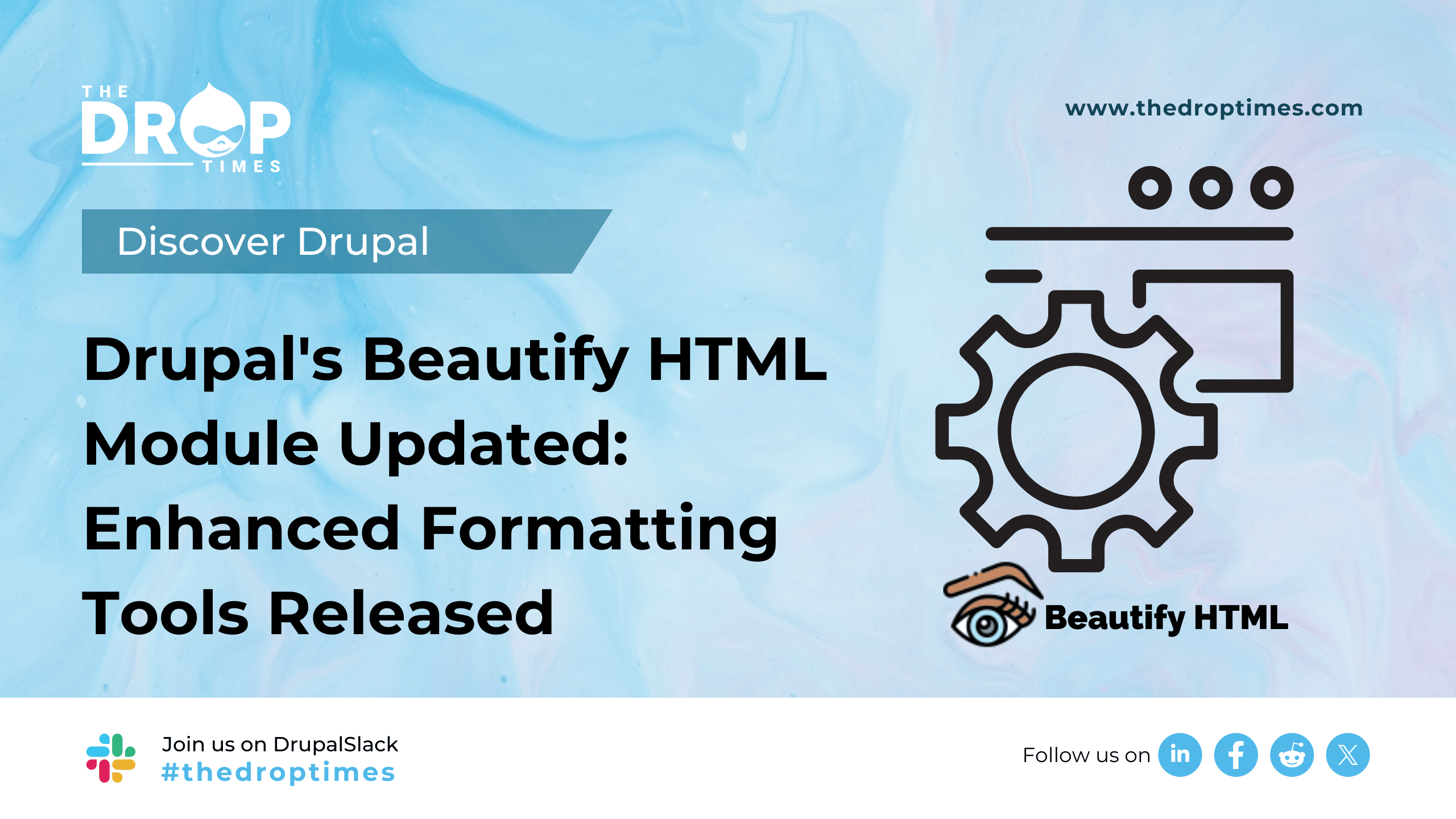A Hacker News Debate Reveals Polarized Perspectives on Drupal
Standing at the helm of a 16-year-old startup, Dries Buytaert, the founder of Drupal, took a trip down memory lane—a nostalgic revisit to a 16-year-old blog that announced his startup idea, Acquia. Little did he know that his fancy trip would occupy the front page of Hacker News, garnering a hundred comments.
Only recently, a very engaging discussion was happening on Reddit around Drupal, soon after Drupal 9 End of Life. Participants carefully weighed the merits and demerits of Drupal, mostly addressing the dilemmas that haunt Drupal and its alternatives. The Hacker News comments session is similar.
The discussion concerns the merits and drawbacks of using Drupal as a content management system (CMS) compared to alternatives like WordPress. Several users shared their experiences, highlighting various aspects of Drupal's functionality, including its engineering and backend customization capabilities, upgrade challenges, and suitability for different types of users.
"I miss Drupal a lot,"
jolted an old Drupal user who wished Drupal would win the CMS battle with WordPress. They feel nostalgic for Drupal's earlier versions and its low-code capabilities for creating custom CRUD apps. They mentioned difficulties with the transition to Composer and the challenges of keeping up with security updates and upgrades, ultimately leading them to explore other technologies like Python.
Another exasperated comment said,
"The Drupal community made a pivotable decision that ensured it would never "win" a CMS battle with WordPress."
In contrast to Drupal, WordPress is recognized for its user-friendly approach as a product-focused blog/site-builder, catering to those who seek simplicity without delving into intricate PHP coding. But
"Drupal has always been an engineer-first CMS; D8 doubled down on that: focus on long-term maintainability with OOP/Symphony/Composer/etc."
Another comment states that Drupal is much better than WordPress,
"In my opinion, Drupal is a much better platform than WP, except that it has always had a much higher geek factor, and I think that's what has stunted it."
Drupal is praised for its engineering capabilities and the flexibility to customize both the front end and back end of a Drupal site. They express a preference for Drupal's backend customization over WordPress. The user is considering the developments in both platforms and finding it challenging to decide between them.
It's clear from the discussion that Drupal has a polarizing reputation. On the one hand, long-time developers laud its robustness, flexibility, and capacity for quickly building content-heavy, multilingual websites. Others, however, lament its steep learning curve, heavy caching requirements for performance, and limitations in the modern web landscape.
Those who appreciate Drupal point out its strong content-type field system and API capabilities, which make it one of the fastest ways for non-technical users to create CRUD-type apps or sites. However,
one of its Achilles' heels is that its rendering layer is notoriously slow, and overall, it's heavy,
with its performance heavily reliant on caching and not ideal for single-page applications or non-developer hobbyists.
Furthermore, it's noted that Drupal's design as an all-encompassing framework may not suit everyone, leading to challenges when used outside its "narrow niche." There's agreement that Drupal's success largely depends on the willingness to invest time and resources in learning its extensive framework.
Some users reminisce about how Drupal initially served their needs well for small-scale web design and development projects, citing its flexibility and robust features. However, others highlight the steep learning curve and complexity associated with using Drupal, leading to frustration and a sense of "never again" for some.
Several commenters acknowledge Drupal's strength in serving specific niches and its potential for building complex, content-heavy multilingual websites. They also mention its solid content type, field system, and abilities for rapid prototyping and efficient CRUD app development.
On the other hand, criticisms revolve around Drupal's perceived shortcomings, such as its slow rendering layer, heavy and overengineered nature, and usability challenges, especially from an editor's perspective. There are comments about Drupal's suitability for specific use cases, difficulties in learning and fully leveraging its capabilities, and alignment with enterprise needs and IT admin-heavy environments.
Additionally, the comments touch on the evolution of Drupal, with some users reflecting on its historical context. In contrast, others express the need for improved user experience, better documentation, and a more streamlined development and site maintenance approach.
Similarly, the discussion included remarks about Drupal's significant advantages, such as its fast implementation capabilities and ease of website management. However, challenges related to lengthy update processes and evolving release cycles prompted the adoption of alternative solutions, such as rendering pages as static sites.
The uproar in Hackers News did not escape Dries Buytaert's attention, and hence, later, he noted on LinkedIn,
"The comments on Hacker News show what many developers think about Drupal. In short, they want Drupal to become easier to use, easier to upgrade, and more focused on site builders rather than developers. This is our current priority, and while we've made good progress, we still have more to do."

He also retaliated saying the comments also highlight a common misconception, where individuals often anticipate a CMS to be user-friendly, overlooking the inherent complexity of such software. CMSs, in reality, tend to be more challenging to use than expected!
The recent discussion on Hacker News displays the varied perspectives of the tech community regarding Drupal. The impassioned dialogue reflects the Drupal community's receptiveness to constructive feedback, acknowledging both the commendations and criticisms. Recognizing that these discussions provide only a partial view of Drupal's capabilities amidst diverse user experiences and industry requirements is important. Dries Buytaert's emphasis on prioritizing user-friendliness, ease of upgrades, and site builder-focused features aligns with the community's commitment to evolving Drupal.
The Promote Drupal Initiative underscores the significance of strengthening the platform's marketing efforts to lift the fog of misconceptions and elevate Drupal's standing beyond the community. Marketing the scope of Drupal is the need of the hour. While embracing the criticisms, the Drupal community remains dedicated to enhancing Drupal's usability and promoting its value in the broader technology landscape with proactive initiatives.
Note: The vision of this web portal is to help promote news and stories around the Drupal community and promote and celebrate the people and organizations in the community. We strive to create and distribute our content based on these content policy. If you see any omission/variation on this please let us know in the comments below and we will try to address the issue as best we can.




























